Czech Republic President Petr Pavel to speak at the inaugural Václav Havel Lecture
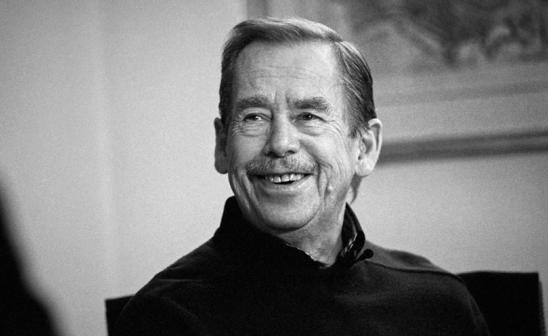
As Americans and the world grapple with a growing sense of polarization, a new lecture series will revisit the life and legacy of Václav Havel, a world leader globally recognized for his willingness to listen to diverse views. The first installment of the Václav Havel Lecture Series, featuring the current President of the Czech Republic, Petr Pavel, will take place Thursday, September 26.
Presented by the Center for East European, Russian, and Eurasian Studies (CEERES) and the Division of the Social Sciences, the series is expected to run in three parts over three years, with this inaugural lecture exploring Havel’s legacy as a statesman. This initiative has been made possible by a generous gift from Gabriel Eichler (A.M., ’74), Chairman of the Board of Trustees at the Václav Havel Library, and his wife Tatiana Eichler.
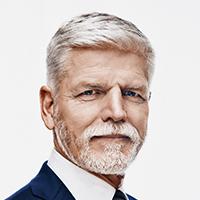
Faith Hillis, a professor of Russian History and the Director of CEERES, says the series also helps to make the case for the importance of countries, ones that perhaps Americans don't spend as much time thinking about. “The Czech Republic and other central European nations are not only geographically at the heart of Europe, but also ideologically and philosophically at the heart of the European project,” she says, adding that preserving democracy and freedom in these countries in the face of current threats is crucial for Europe and the rest of the world.
Havel — also an author, poet, playwright, and dissident — was the last president of Czechoslovakia and the first president of the Czech Republic after the fall of communism. His Civic Forum party played a major role in the Velvet Revolution that toppled the Communist system in Czechoslovakia in 1989, and he was a crucial voice in dismantling the Warsaw Pact and growing NATO membership.
Gabriel Eichler saw the need to preserve and maintain Havel’s legacy. Eichler considers Havel to be a “thoughtful, open-minded person with a strong ethical strain and integrity where it mattered, and concern for humanity in general, willing to take high personal risks for his views and beliefs.”
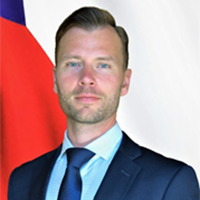
Havel was the first leader from the former Eastern Bloc to be welcomed to the White House and invited to address the U.S. Congress, where he emphasized the importance of the U.S. helping the Soviet Union become a truly democratic nation to promote democracy worldwide. “The fact that NATO expanded to the post-communist countries was, to a large extent, his doing,” Eichler says, adding that Havel maintained relationships with U.S. leaders regardless of political party, with Havel himself not necessarily following a particular ideology.
“It's rare in the world: a guy coming from this little country becoming quite influential in the U.S., in Japan, in a number of other countries; friends with Nelson Mandela, the Dalai Lama; he was highly respected,” Eichler says. He notes that President Pavel has indicated his desire to follow his predecessor’s legacy, making him a great speaker for this inaugural lecture.
As for President Pavel’s experience, he previously served as Chief of the General Staff of the Czech Armed Forces, chaired the NATO Military Committee from 2015 to 2018, and was the Deputy Military Representative of the Czech Republic to the EU, among other leadership roles. He was nominated by the citizens as an independent candidate, becoming the fourth President of the Czech Republic in 2023.
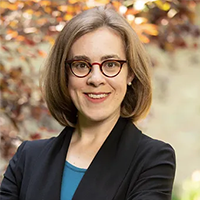
Pavel will give an address titled “The Transatlantic Bond: Challenges and Opportunities.” He will be joined in conversation by Benjamin Frommer, an Associate Professor of History at Northwestern University. In addition to Pavel’s connection to Havel, Jakub Utěšený, the Consul General of the Czech Republic in Chicago, also highlighted the link between the Czech (?) Republic and UChicago.
“The visit of President Pavel to the University of Chicago holds immense symbolic value,” Utěšený says. “It builds on the important legacy of Tomáš G. Masaryk, who lectured at the university more than a century ago and later became the first Czechoslovak president. The university played a pivotal role in facilitating the connection between Masaryk and U.S. President Woodrow Wilson, which was instrumental in the creation of Czechoslovakia. This laid down historically robust foundations for the strong Czech-American partnership we see today.”
The lecture has been designated as part of Czech Heritage Week in Chicago, with representation from other East and Central European embassies and from the Czech diaspora community in Chicago. President Pavel will meet with undergraduate and graduate students as well. The lecture will also be part of the Global Voices series run by UChicago’s International House, Hillis says, placing it within efforts to connect the city of Chicago to the rest of the world.
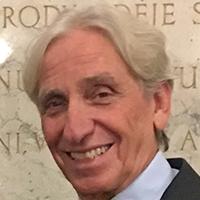
Utěšený also underscored the opportunity to strengthen relationships across the globe, much in line with Havel’s legacy: “The interest in a strong transatlantic partnership is in the Czech Republic often associated with Václav Havel, who was fully committed to maintaining the value-based transatlantic link he regarded as a positive transformational force, based on common cultural and civilizational traits,” Utěšený says. “This is a great opportunity to recall Havel’s transatlantic legacy, which, particularly in this city, can be also indirectly linked with the experiences of Masaryk and (former Czechoslovakia President Edvard) Beneš in Chicago and their admiration for the U.S. desire for freedom and democracy.“
For more information and to register, visit the event page.
 THE UNIVERSITY OF CHICAGO
THE UNIVERSITY OF CHICAGO

